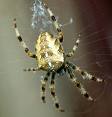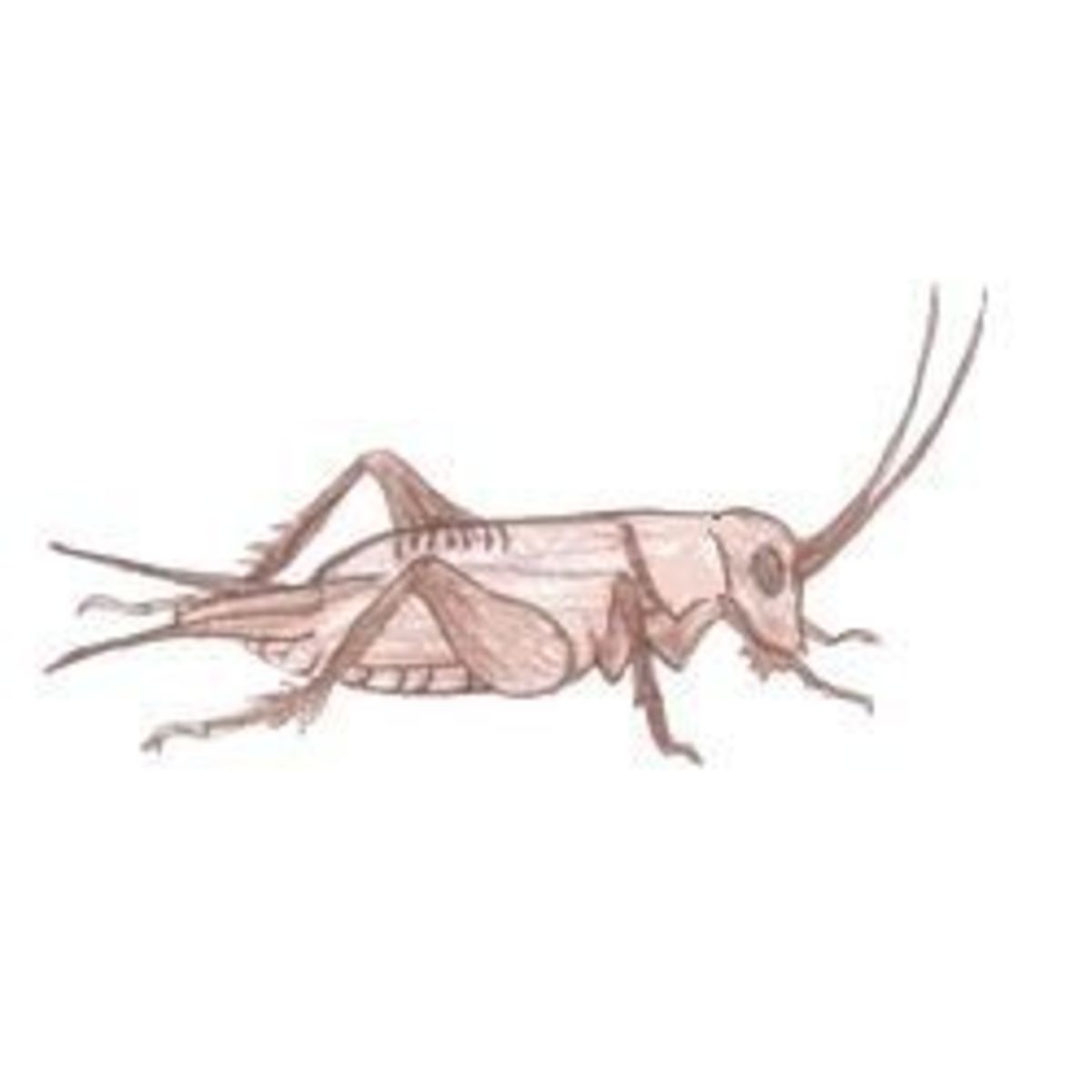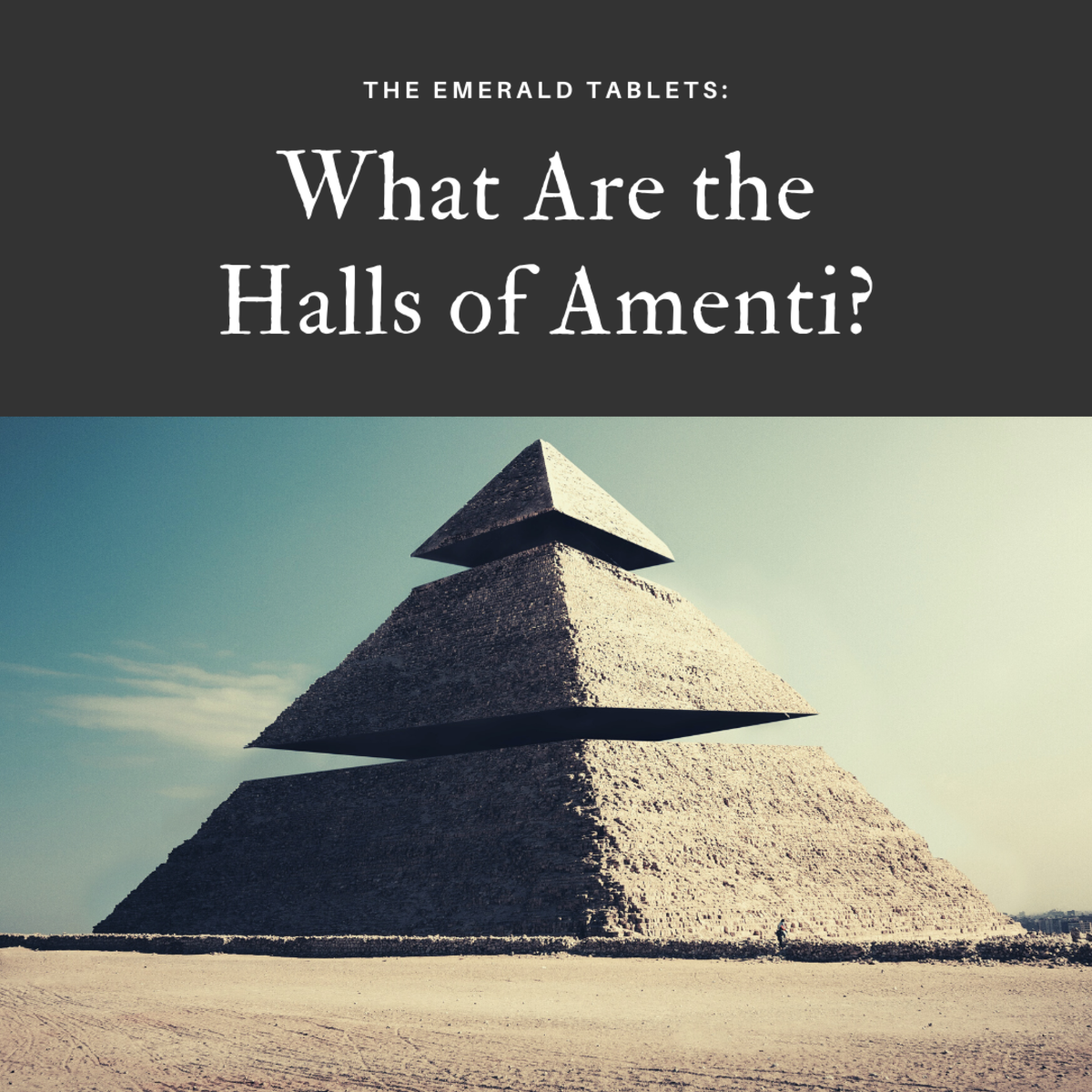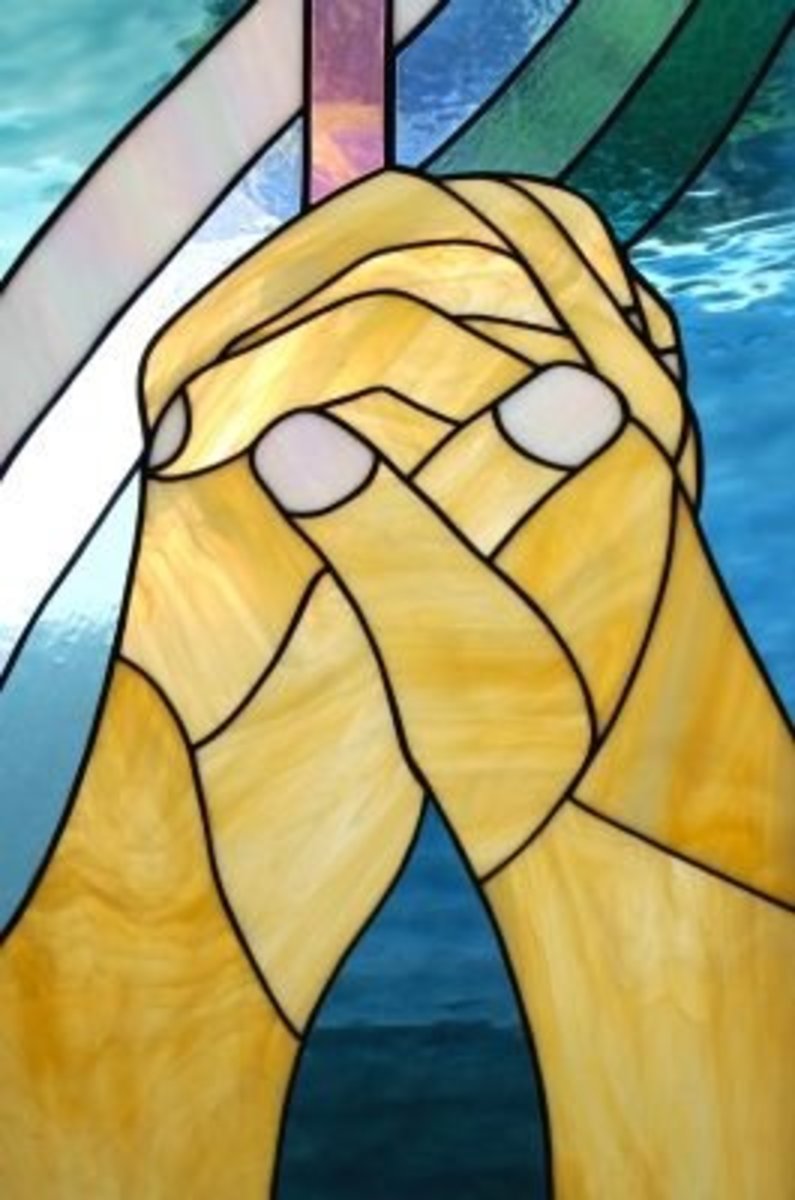An Autumn Soliloquy: A cricket pitch is welcome to more than merely sportsmen.
Do spiders wonder about going to heaven?
Click thumbnail to view full-size




Musings in a Country Cricket Field
On Spiders, Maslow and Conkers
I often walk around our local cricket field in the morning or early evening when there are no games being played there. It is surrounded by lovely trees, including the obligatory, spreading horse chestnut, about to reward the local kids with conkers again this year. There are many places to walk around here, not least the old Flitchway, once a railway, and now a long, shaded lane which seems miles away from civilization. But I like the field because it is practically my back garden; I don’t have to walk far on pavement and the soft, springy outfield is kind to my rather fragile feet.
I am far from being the only life form who would praise the heavens for this tiny square of aged turf, if they were concerned with the why’s and wherefore’s of life. Literally hundreds of birds pay regular visits, many nesting here in Spring: jackdaws, wood pigeons, four-and -twenty hysterical blackbirds, blue tits and a whole host of others only heard. I get roundly ticked-off by wrens in one corner; viewed with suspicion by robins in another and cawed-at regularly by the jackdaws peering from the ivy-choked upper branches. Not to mention successfully bombed by pigeons darting from one corner to the other on important avian business.
Today I was charmed and fascinated by a pair of garden spiders. At least, I assumed they were a pair; there was two of them, so a pair in a semantic sense is accurate; and they seemed to fit into what we read about spiders in another sense: one, the male I presumed, was a tiny little chap, busily repairing some design fault in the centre of the web. While “she,” his partner if you like, sat like a bejewelled and rotund, miniature maharani, high on the web and imperiously peered up at the huge mass of me, suddenly obscuring the sun. She was many times larger than her mate: that lovely mist green colour with striped legs - garden spiders are truly beautiful to me. After some minutes, I must have leaned too close or been there too long, because she literally exploded upwards along one of the strands of web leading under the ivy. At the same time, her tiny and rather drab partner crawled slowly and rather menacingly towards me along another support line until he was very close, on the top rail of the fence I had been gazing over. There the tableau froze for a long minute. Did I hear a tiny voice saying “Bovver, moosh!? “Sensing I was frightening these brave and tiny housekeepers, I stepped back half a pace. Immediately, and as if saying, “whew, that was a close one, thanks!” she flew down the web again and grabbed some aphid like creature and began rapidly wrapping it up for supper later, or perhaps to take the kids back there in the ivy. The little mister slowly withdrew, honour satisfied that he had controlled the situation and there was no danger from the mass - obviously vegetarian - that had entered their lives.
Since I have been writing these simple articles on spiders, scorpions, centipedes and the rest, I have become doubly fascinated by them, especially in regard to the length of time they have been on the planet. To encompass all their time here, one has to go back nearly 450 million years in the fossil record. And although there have been many species lost and the periodic arrival of evolutionary freaks in the form of 8-foot long centipedes and 200-pound spiders, in the main, they are the same as when their forefathers crawled, or were ejected from the Silurian and Carboniferous seas.
This little pair of spiders that so embellished my enjoyment of the outdoors today had been doing, more or less, the same things I watched them do today for millions and millions of years. No doubt their great-great grandparents, to the power of 10,0000, had faced-down dinosaurs like these two did to yours truly today; who can tell what creatures they may encounter in the future as we step aside - surely before they do?
Through all the millennia, these myriad forms have been motivated by nothing more than what the late Abraham Maslow and others have described as the physiological, the lower levels of his "Hierachy," or “Pyramid of Needs.” Yes, the old “Sex, Food and Shelter.” There it was today, beautifully circumscribed in Takeley Cricket Field, (fans, please don’t come in droves!). The spider I took to be the male was shelter-building; his mate was preparing the trussed bug for dinner, and they had paired-off, so it seemed a bit of slap and tickle was also on the cards. (with 16 legs…Ooooo!).
Sex, food and shelter. Like truth and beauty, perhaps, “…all ye know on Earth, and all ye need to know.” (excerpt John Keats). Yet, as Maslow continued to explain, human kind needs other things, such as the ability to create and to reason. But, prosaically, what does man do here during his brief span but acquire riches, fame and fortune to…have better shelters and more sex with top breeders, (and filet mignon)?
I dunno, do you?
One thing is obvious, such heavy pondering - as far as we know- has been beyond the tangle of nerves these archaic creatures use for brains. Whether Martians or their ilk are watching Planet Earth in order to mount an offensive; whether there even is other “intelligent” life in the universe, or what the universe even is. Surely none of this has bothered arachnids during their 400 million year evolution? - and much less the practically blind centipedes and millipedes.
Doesn’t seem to worry chimps and the other so called “higher” life forms, either. Just man. Why? Why do we reason and try to know what is almost certainly the unknowable? Why are we so fearful of the change we call death that we need invent a Heaven where the deserving will go and continue living? Why are we so restless and discontented that we need to impose our will on others, condemning them for our differences of creed, colour and language? And why are we, the highest of high life forms - able to reason, philosophize, study history, prophesize the future - why are we the only being in evolution’s long history who hates his fellow to the point of totally destroying him, man, woman and child, in a blind, murderous rage - or worse, coldly calculating; seduced and hypnotized by our own mindless technology.?
Surely we are fortunate that all the marvellous creatures that share this world with us are not like us. Or they would turn on us and rid the planet of the often scourge called Man.
Having booted that cry skywards, let me return quietly to my contemplation of Agnes and ’Arry, (the spiders), and their contemptuous regard of “the mass.”










